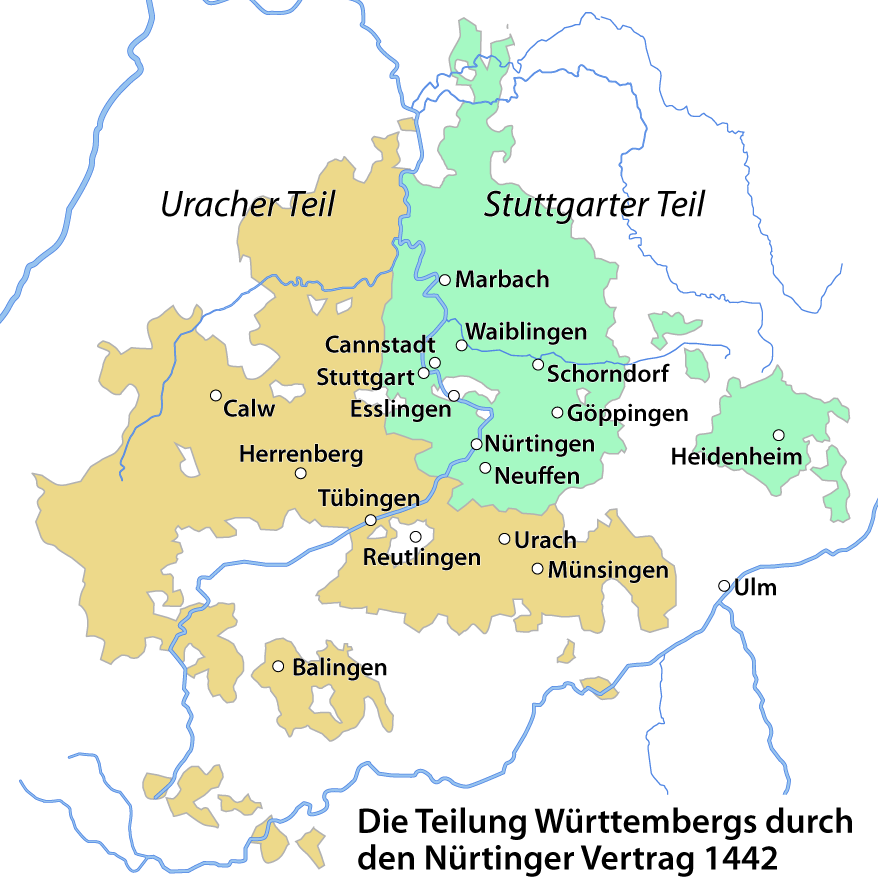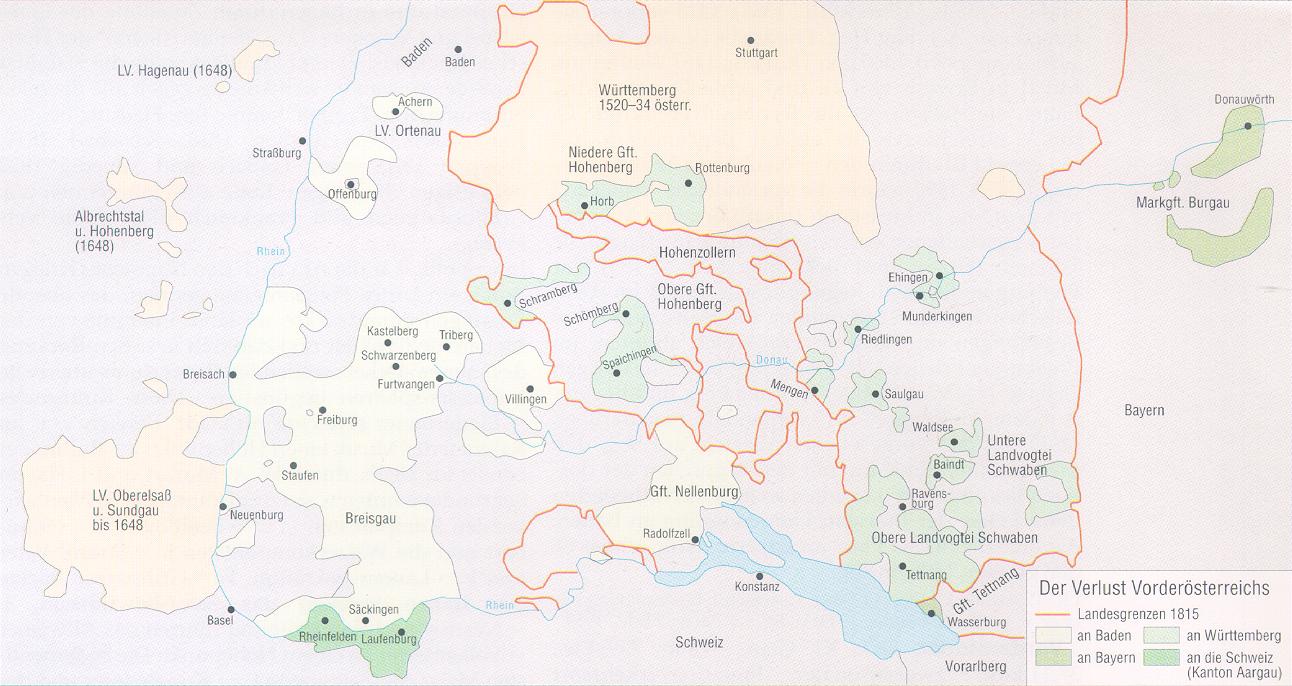I'm currently trying to explore a scenario inwhich Louis II of Hungary doesn't die at the Battle of Mohács. Putting aside the exact developments concerning Hungary itself, what I wish to discuss here is the potential butterflies West of the Leitha.
This is what I settled on so far:
Margaret of Austria, the then Governess of the Netherlands (Burgundy) died in 1530. IOTL she was succeeded in her position by Mary of Hungary, the widow of Louis II. It would be very unlikely for her to be given this same position ITTL, far away from her still living husband. So instead, Charles V would appoint his younger brother, Ferdinand as the Governor of the Netherlands. Considering that Ferdinand wouldn't be burdened by the crowns of Bohemia and Hungary, he would be an ideal candidate for the role.
Since Ferdinand would have to relocate to the Netherlands however, continuing to administer Austria would become difficult. A solution to this would be then Mary getting appointed Governess of Austria by either Ferdinand or by Charles V directly. This would allow Austrian resources to be efficiently directed in concert with those of Bohemia and Hungary against the Ottoman threat. This is bit of a tangent though.
What matters here is that Ferdinand establishes himself as the long-standing governor of Burgundy. His continued governance of the region then creates the incentive to keep the region in the control of his branch of the Habsburg family. As a result, the OTL match of Maximilian (Ferdinand's son) and Maria (Charles' son) ITTL includes the transfer of Burgundy as Maria's dowry.
So my question is: What kind of consequences could the Burgundian inheritance being part of not the Spanish, but of the Austrian Habsburgs' realm have? As a sidenote, let's assume Württemberg also remains in (Austrian) Habsburg hands, while Mary's (and Louis') governance over Austria is a one-off thing that doesn't alter Ferdinand's descendants inheriting the region.
So what do you think?
This is what I settled on so far:
Margaret of Austria, the then Governess of the Netherlands (Burgundy) died in 1530. IOTL she was succeeded in her position by Mary of Hungary, the widow of Louis II. It would be very unlikely for her to be given this same position ITTL, far away from her still living husband. So instead, Charles V would appoint his younger brother, Ferdinand as the Governor of the Netherlands. Considering that Ferdinand wouldn't be burdened by the crowns of Bohemia and Hungary, he would be an ideal candidate for the role.
Since Ferdinand would have to relocate to the Netherlands however, continuing to administer Austria would become difficult. A solution to this would be then Mary getting appointed Governess of Austria by either Ferdinand or by Charles V directly. This would allow Austrian resources to be efficiently directed in concert with those of Bohemia and Hungary against the Ottoman threat. This is bit of a tangent though.
What matters here is that Ferdinand establishes himself as the long-standing governor of Burgundy. His continued governance of the region then creates the incentive to keep the region in the control of his branch of the Habsburg family. As a result, the OTL match of Maximilian (Ferdinand's son) and Maria (Charles' son) ITTL includes the transfer of Burgundy as Maria's dowry.
So my question is: What kind of consequences could the Burgundian inheritance being part of not the Spanish, but of the Austrian Habsburgs' realm have? As a sidenote, let's assume Württemberg also remains in (Austrian) Habsburg hands, while Mary's (and Louis') governance over Austria is a one-off thing that doesn't alter Ferdinand's descendants inheriting the region.
So what do you think?

